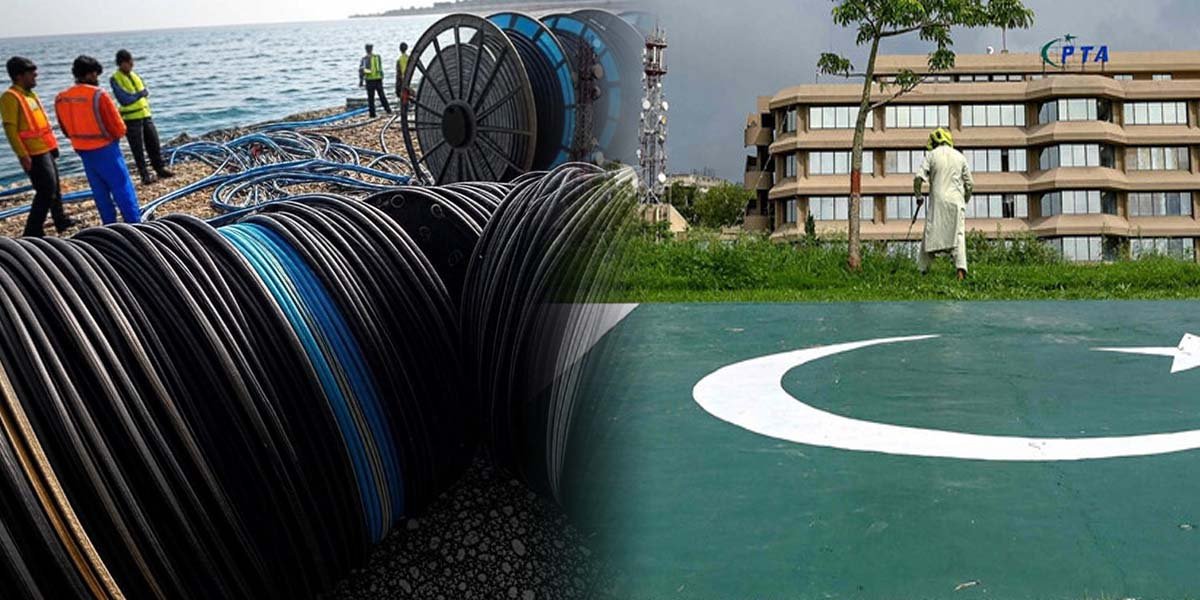ISLAMABAD: Pakistan is set to enhance its internet speeds and connectivity by joining the 2Africa submarine cable network, which is expected to go live in the country by Q4 2025.
This cable system spans 45,000 kilometers and connects 46 locations across Africa, Europe, and the Middle East, with the capacity to offer up to 180 Tbps using SDM1 technology.
The 2Africa system, one of the world’s largest submarine cable projects, spans 45,000 kilometers and connects 46 locations across Africa, Europe, and the Middle East. This cable system promises lightning-fast data transfer speeds of up to 180 terabits per second (Tbps) using advanced Space Division Multiplexing (SDM1) technology.
The development comes amid widespread frustration over months of sluggish internet speeds in Pakistan.
The slowdowns have drawn criticism from activists and business leaders, some of whom suspect the government is testing an internet firewall to control online activity.
Authorities have attributed the issue to increased use of Virtual Private Networks (VPNs) and damaged underwater cables, describing the situation as part of a national “transition” process.
According to the Pakistan Telecommunication Authority (PTA), the 2Africa project will significantly enhance the country’s international telecommunications infrastructure and improve overall connectivity.
Transworld Associates, Pakistan’s landing partner for the project, is facilitating its implementation.
The initial phase of the project began on December 1 with the Pre-Lay Shore End (PLSE) installation—a preparatory step before the deep-sea cable is deployed.
The second phase, involving the laying of the deep-sea cable across the ocean floor, is scheduled to commence on April 1, 2025.
While the 2Africa cable promises transformative improvements, Pakistan’s internet challenges have already had economic consequences.
The Pakistan Business Council (PBC) warned in August that persistent disruptions and reduced internet speeds, exacerbated by the implementation of a national firewall, have led some multinational companies to relocate their operations out of the country.
The Pakistan Software Houses Association (P@SHA) echoed these concerns, estimating that internet slowdowns and VPN restrictions could increase industry costs by as much as $150 million annually, with the potential for business closures and financial losses.
Also Read: Will internet restrictions delay 5G launch in Pakistan?
Despite these hurdles, Pakistan’s IT exports have been growing at an average annual rate of 30%. Industry leaders project these exports could surpass $15 billion within the next five years, provided the government ensures policy stability across export, fiscal, financial, and IT infrastructure domains.
As Pakistan integrates into the 2Africa network, the initiative is expected to play a crucial role in positioning the country as a key player in the region’s digital economy.
















